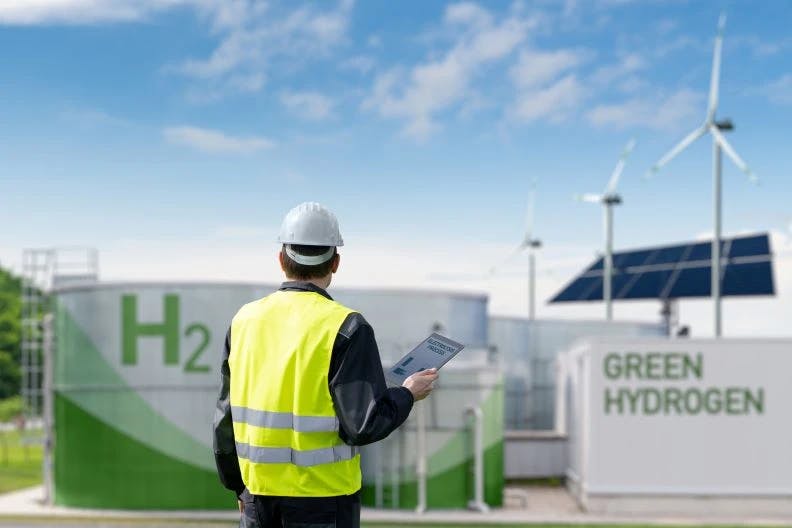Clarus business First Renewables, along with Ecogas is building a state-of-the-art plant to upgrade Ecogas’ biogas into renewable gas to inject into the gas network. A first for New Zealand, the new facility will start transforming kerbside food waste into biomethane, a valuable source of renewable gas, from the second quarter of 2024.
Once up and running the initial production estimates from this one facility will supply enough renewable gas, equivalent to supplying up to 7,200 homes and will avoid emissions from natural gas of about 11,000 tonnes of CO2e per year*.
In the future Clarus would like to see the development of multiple renewable gas to pipeline facilities in New Zealand. A joint study between Beca and Clarus and Fonterra reveals that this could produce enough gas to supply all residential users and three quarters of commercial gas users with low carbon gas, equivalent to taking 415,000 petrol cars off our roads*.
*A joint study by Beca, Firstgas Group (now Clarus) and Fonterra reveals renewable gas is a viable,
untapped solution to decarbonising New Zealand’s residential natural gas network right now,
with the potential to replace nearly 20% of New Zealand’s total gas usage by 2050.








